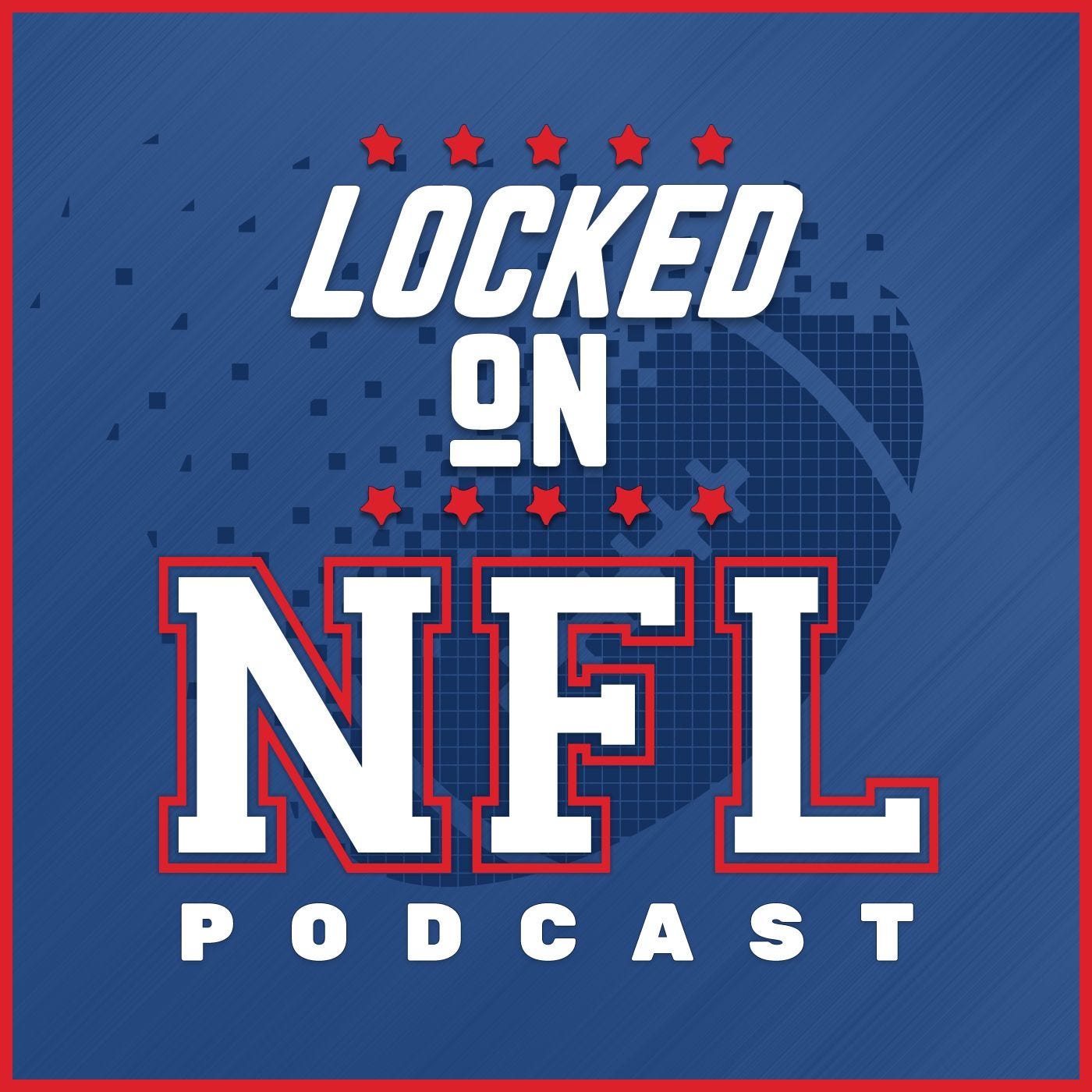The debate over hits on so-called defenseless pass-catchers was renewed after the devastating season-ending knee injury suffered by Buccaneers star Chris Godwin against the Saints on Sunday Night Football.

NBC Sports analyst Cris Collinsworth was palpably upset at the scene, seething over the NFL's modest efforts to curb high hits that can cause head and neck injuries.
According to Collinsworth, the drive to prevent head injuries has incentivized tacklers to target ballcarriers' legs, which he says is more dangerous and carries a higher risk of career-ending injury.
"I'm going to think about this before I say this, and I'll say it when we come back," Collinsworth teased prior to a commercial break while Godwin was tended to by team trainers.
Upon return, Collinsworth railed against low hits on defenseless receivers, suggesting -- without any evidence -- that a head injury can be overcome while any injury that saps a player's speed or quickness can threaten their career. He also relayed that many players have expressed this very sentiment to him.
Nevermind the countless players whose careers and lives have been ended or derailed by concussions.
But the debate over high hits versus low ones is a false choice. There is of course no "safe" way to collide with another human being with such force. Injury, often of the catastrophic variety, is endemic to the game of football. In fact, hitting an unwitting ballcarrier is undeniably beneficial for a defender, since it increases the odds of a successful tackle, incompletion, or fumble.
And the league deserves some degree of credit for trying to legislate out blindside blocks and other high-risk plays -- including low hits on just about every position except for wide receiver. But football will always be a collision sport rather than a mere contact sport.
And so Collinsworth's rationale, twisted and perverse as it was, has become an unsettlingly common refrain from broadcast booths and even many players.
To be fair, there's a tragic, understandable logic in this grotesque calculation, which reveals the intractable contradictions of the sport and indeed society as a whole. Collinsworth, himself a former player, sees the prospect of debilitating long-term head injury as an acceptable risk in pursuit of the fame and riches that come with a football career.
After all, without football, there is no Cris Collinsworth to speak of. When your choices are money and glory, or bagging groceries or driving a beer truck, the prospect of long-term brain damage might not seem so bad. That's not to denigrate those jobs but merely point out the chasmic gap in wealth and social status associated with them.
Whether Collinsworth actually believes that high hits are better or is merely running interference on behalf of concussion deniers -- of which there remain many embedded or adjacent to the sport -- is beside the point. Many players seem to believe it, and so do many fans.
Collinsworth's grandstanding was especially nauseating given that researchers had just announced two former NFL players who died under shocking circumstances had suffered from chronic traumatic encephalopathy (CTE).
Former journeyman defensive back Phillip Adams, who murdered six innocent people in an unprovoked shooting rampage before taking his own life, and three-time Pro Bowl wide receiver Vincent Jackson, who suffered with depression and anxiety before he was found dead of alcohol abuse in a hotel room, were diagnosed with Stage 2 CTE.
We won't presume to speak for them or their families, but to wave off head injuries as preferable to a blown-out knee feels especially off the mark, even for an analyst long disposed to such takes like Collinsworth.
For his part, Tom Brady, who unleashed the fateful pass that ended in Godwin's torn ACL, joined Bucs head coach Bruce Arians in calling for the league to ban low hits on defenseless receivers.
But Brady was singing a different tune in September, when he criticized the advent of the NFL's targeting rule and suggested the onus was on quarterbacks to protect their receivers.
"It's not being taught the right way," Brady said. "The quarterback should only throw the ball to certain places because the receiver is in danger of being hit. For example, when I used to play against Ray Lewis, I wouldn't throw the ball to the middle of the field because -- and we didn't always have the biggest receivers -- but he would hit them and knock them out of the game.
"And now, every hard hit is a penalty on the defense. So, I feel like they penalize defensive players for offensive mistakes."
He continued:
"If you're a quarterback, you've got to protect yourself and your players. It shouldn't be the responsibility of your opponent to protect you. And I think it creates really bad habits for players, because they feel like 'I can basically do anything. I can run and not slide. I can throw my receiver into any coverage and not have any repercussions for it.' The only thing they're going to do is blame the defensive player for making a good, solid hit. And now the defensive player says 'Oh I can't do that, even though I feel like it was an offensive mistake.'"
On Sunday, some fans on social media did in fact criticize Brady for throwing a pass that led Godwin into oncoming traffic.
Godwin's career is at a crossroads as he enters free agency fresh off major knee surgery. There's no justice or fairness for him in this. His consistent greatness and willingness to risk his body and livelihood may have cost him an untold fortune.
That's the paradox of a game as brutal as football. Incentivizing high hits to spare knee injuries cannot and will not resolve it.
LISTEN NOW on the Audacy App
Sign Up and Follow Audacy Sports
Facebook | Twitter | Instagram
